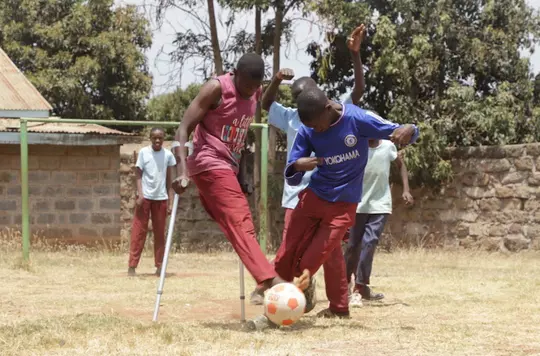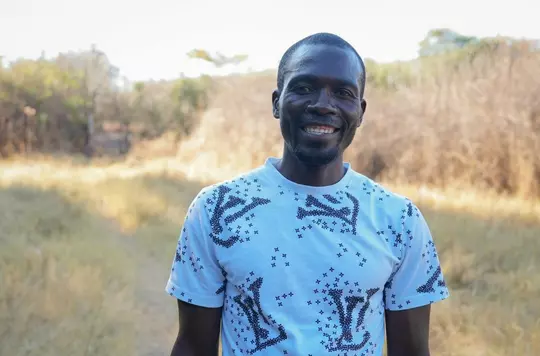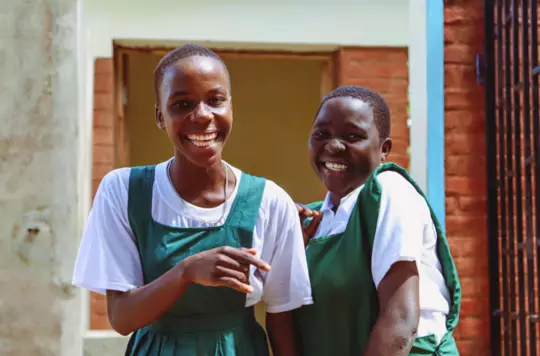2 June 2023
Clean water: ‘It has given us new life’
Hayley Still

Hayley Still shines a spotlight on the difference safe and clean water make, which is the focus of this year's Helping-Hand Appeal.
For people all over the world, getting clean water is a daily struggle. Nearly one fifth of the world’s population lives in areas of high or extremely high water vulnerability and the climate crisis is making things worse. Climate change and water scarcity are inextricably linked.
The United Nations states: ‘Extreme weather events are making water more scarce, more unpredictable, more polluted or all three. These impacts throughout the water cycle threaten sustainable development, biodiversity, and people’s access to water and sanitation.’
The impacts of the climate crisis are being felt by communities around the world today. This is not a distant issue, but a devastating reality for millions. The Salvation Army is working alongside communities to find solutions to the challenges of water scarcity, food insecurity and more. Projects that seek to address these issues are taking place all over the globe.
In the Karonga district of northern Malawi, The Salvation Army is partnering communities through an integrated water, sanitation and hygiene project. It includes, among other elements, the installation of boreholes for improved access to safe water, the construction of toilet blocks and handwashing facilities in schools, and training in water-smart agricultural practices.
Esther Kaonga is chairperson of the village development committee in Lameck Kambombo, Karonga, where she lives with her husband and four children. She shares the impact that the new borehole has had for her family and others living in the area:
‘We reached out to The Salvation Army because we were having problems with diseases. The water we were using was contaminated and we suffered from diseases like cholera and malaria. We drew water from the rivers and had no way to treat the water so we fell sick again and again.
‘My children are clever, but because I needed their help collecting water, they would miss classes. It was hard for them. Now, we are flexible, we are happy and we are hygienic. Now, we drink safe water. There is no more malaria in the community.
‘The project has also included training community members on construction and usage of pit latrines, and how to install tippy taps for handwashing. We are thankful for this borehole – it has given us new life!
‘Using water from this borehole means our villages have improved greatly. Many people in the area draw water at this borehole, so another borehole is needed.’
Indeed, people are still required to travel long distances to reach this borehole. It is much better than travelling to collect unsafe water, of course, but the fact remains: more boreholes are needed.
Written by

Hayley Still
UK Engagement Co-ordinator, International Development
Discover more

Benjamin Gilbert explains the differences and links between the Army’s two major international appeals.

